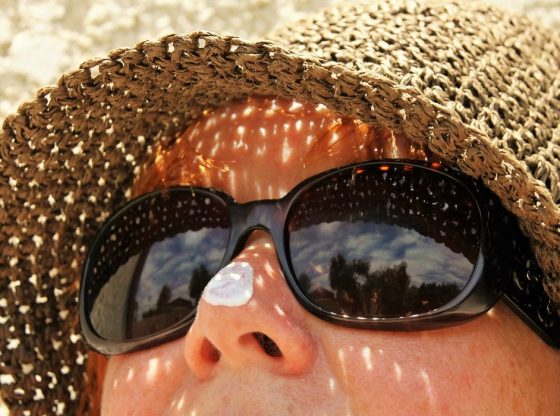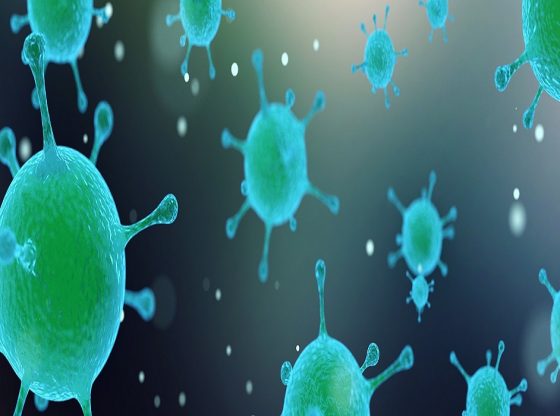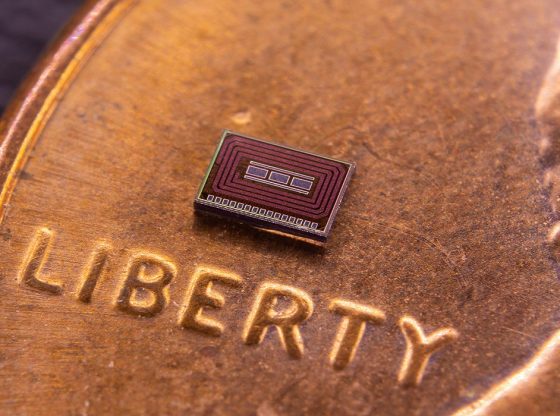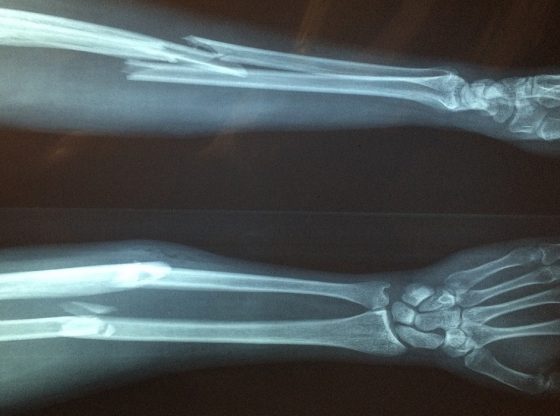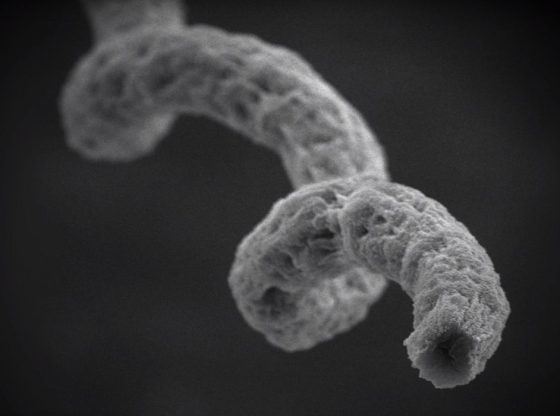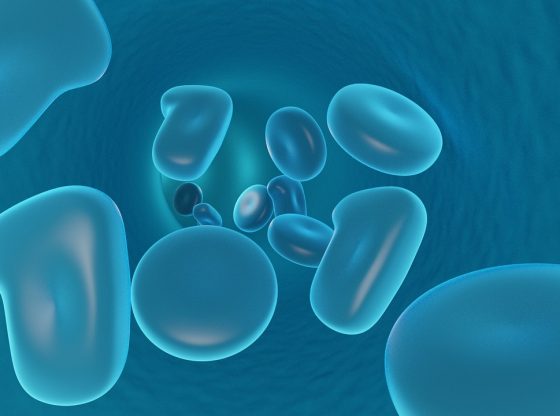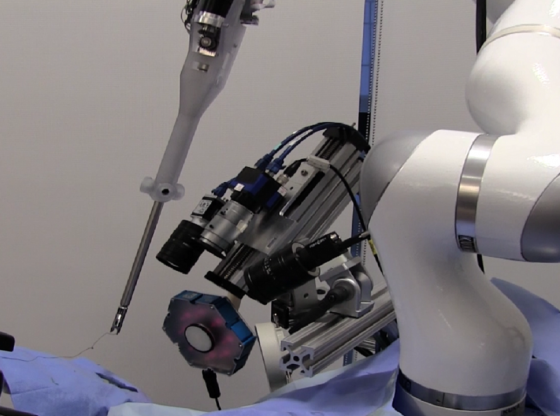With technology inspired by snails, researchers at Harvard have developed a new type of glue that can be used on wet surfaces and is stronger than other glue used for medical purposes.
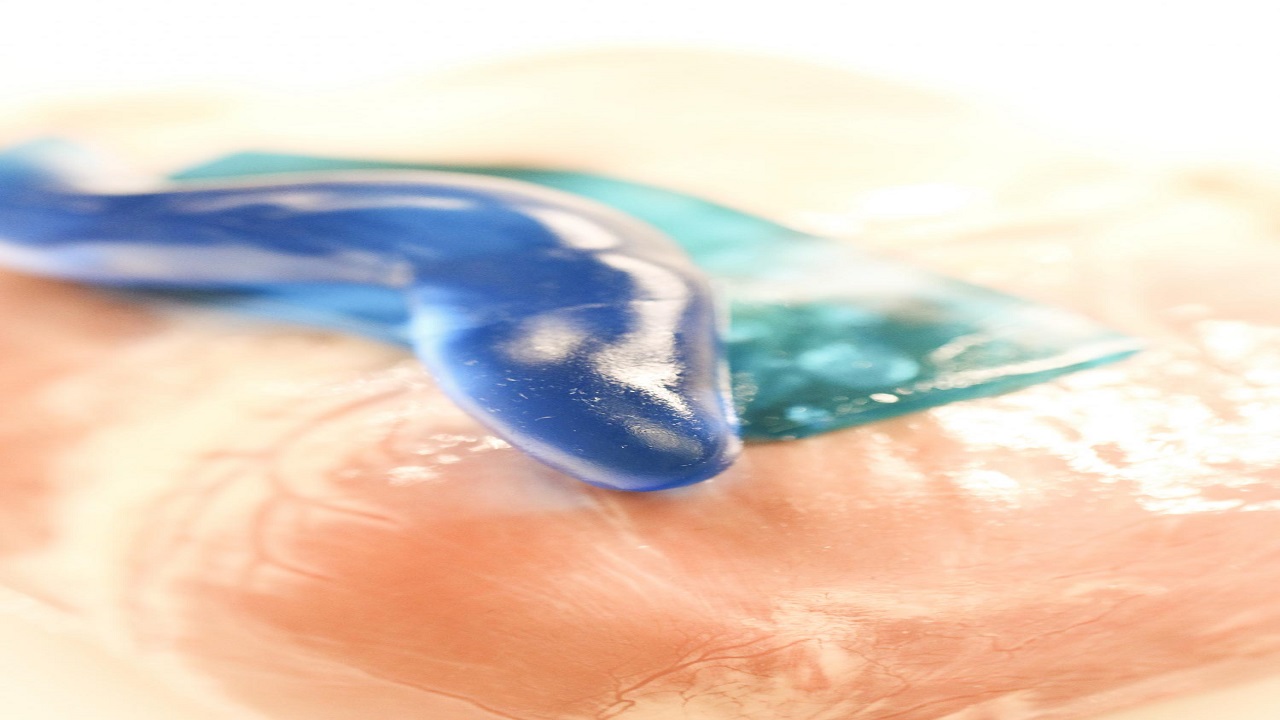
If you didn’t know, glue is currently used in surgery too, used to, for example to glue together wound edges. However, many of the adhesive products used today are toxic to cells, inflexible when they dry and do not bind strongly to biological tissue
But this new super-strong adhesive has been successfully tested on pig heart, is strong enough to hold together moving tissues, remains potent on wet surfaces and is biocompatible.
The technology behind the adhesive is inspired by the world of mollusks. The brown forest snail can glue itself into the ground using positively charged proteins; the Dusky Arion (Arion subfuscus) secretes a special kind of mucus when threatened that glues it in place, making it difficult for a predator to pry it off its surface.
It inspired researchers at the Wyss Institute at Harvard University to create a double-layered hydrogel consisting of an alginate-polyacrylamide matrix supporting an adhesive layer that has positively-charged polymers protruding from its surface.
The polymers bond to biological tissues via three mechanisms – electrostatic attraction to negatively charged cell surfaces, covalent bonds between neighboring atoms, and physical interpenetration – making the adhesive extremely strong.
If further testing proves successful, it could be used in healthcare to seal wounds and aid in surgery. There is currently no glue available today strong enough to hold together a beating heart muscle.
Reference:
Jianyu Li et al. Tough adhesives for diverse wet surfaces. Science. DOI: 10.1126/science.aan3512




